
Friday, September 21, 2018
2:00 PM – 4:00 PM
Gelman Library
International Brotherhood of Teamsters Room, 702 (7th floor)
2130 H St NW, Washington, DC 20052
This event is co-sponsored with the GW Department of East Asian Languages & Literatures. This event is free and open to the public and media.
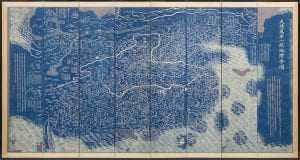
Complete Map of the Everlasting Unified Qing Empire (c. Da qing wannian yitong dili quantu), China, Qing Dynasty, Jiaqing period (1796-1820), ca. 1811, Eight-panel folding screen, wood block printed paper, blue on white, 112 x 249 cm., MacLean Collection[/caption]
Maps are rich cultural objects presenting and transmitting information about time and place of production. This lecture will provide some of the particular practices and relationships between text and image in East Asian map making that are unique in world cartography. It will present, through comparison, certain similarities and distinctive differences in the representations of space, both real and imagined, in early modern cartographic traditions of China, Korea and Japan and will also examine the introduction and some unique integrations of European map making techniques into these traditions.
Speaker:
Dr. Richard A. Pegg (BA ’83 and MA ’90 in Chinese and Japanese language and literature, GW) is currently Director and Curator of Asian Art for the MacLean Collection, outside Chicago, and author of the book Cartographic Traditions in East Asian Maps (University of Hawai’I Press, 2017).
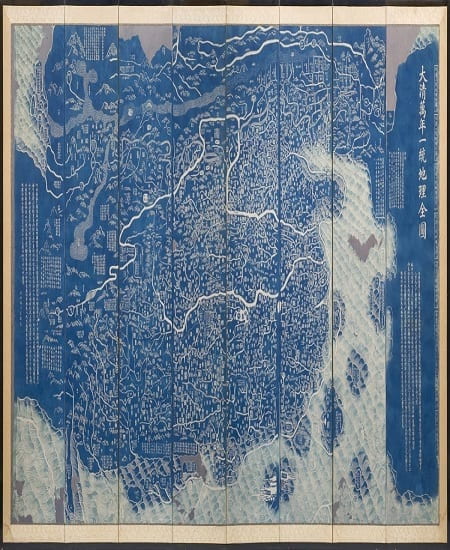
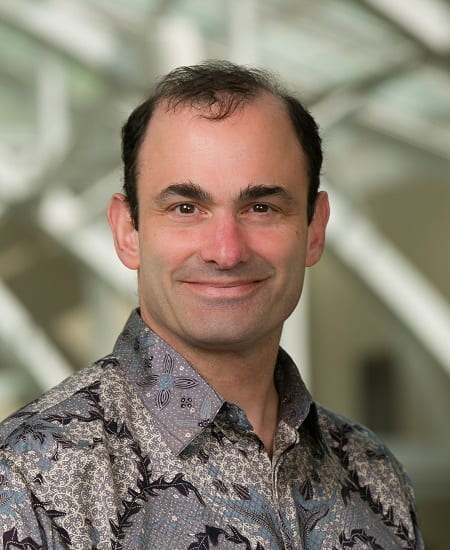

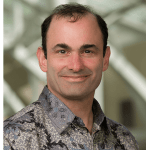
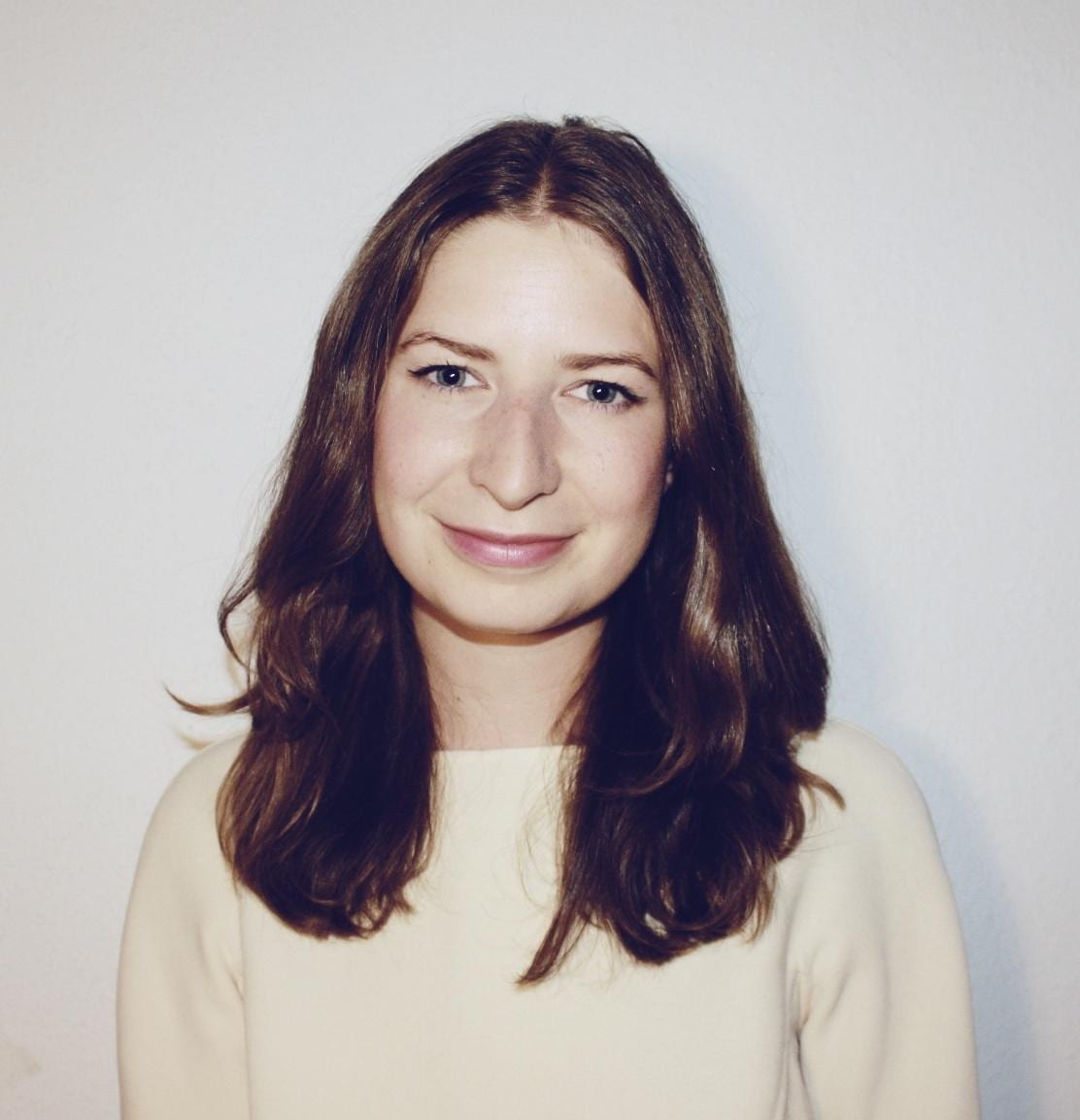





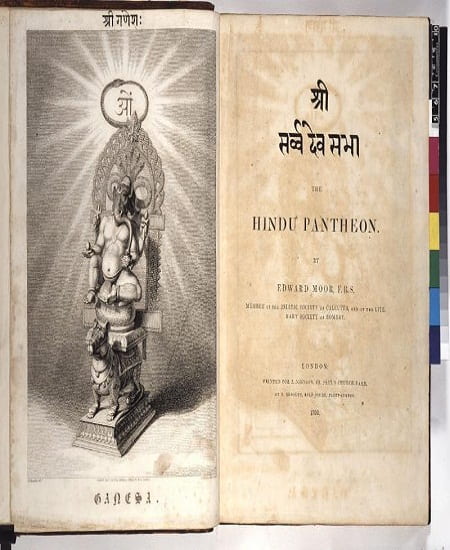

 Holly Shaffer is Assistant Professor of History of Art & Architecture at Brown University; she specializes in the 18th-19th century arts of South Asia and Britain. Her current book project reinterprets the eclectic arts produced in the western Indian city of Pune in the 18th century and their dissemination in print in the 19th century. Other projects include studies of ephemeral arts, such as light, cuisine, and architectural models in the northern Indian region of Awadh; and of European printed representations of India that went viral. She has published articles on these subjects in Journal 18, Third Text, Art India; and forthcoming in The Art Bulletin; and has curated exhibitions at the Yale Center for British Art; the Sackler Gallery of the Smithsonian Institution; and Dartmouth College.
Holly Shaffer is Assistant Professor of History of Art & Architecture at Brown University; she specializes in the 18th-19th century arts of South Asia and Britain. Her current book project reinterprets the eclectic arts produced in the western Indian city of Pune in the 18th century and their dissemination in print in the 19th century. Other projects include studies of ephemeral arts, such as light, cuisine, and architectural models in the northern Indian region of Awadh; and of European printed representations of India that went viral. She has published articles on these subjects in Journal 18, Third Text, Art India; and forthcoming in The Art Bulletin; and has curated exhibitions at the Yale Center for British Art; the Sackler Gallery of the Smithsonian Institution; and Dartmouth College.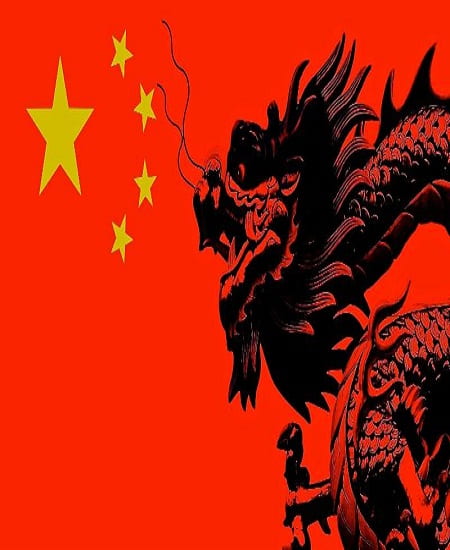

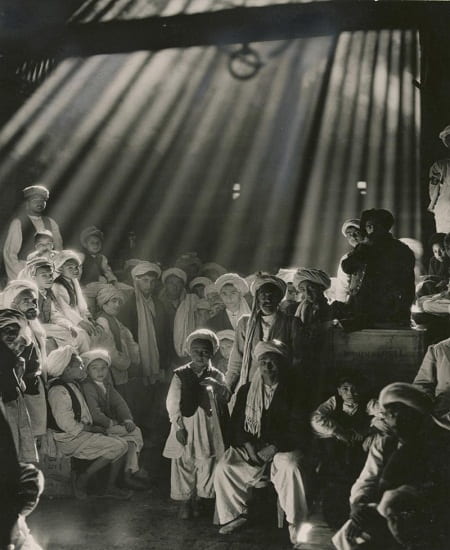
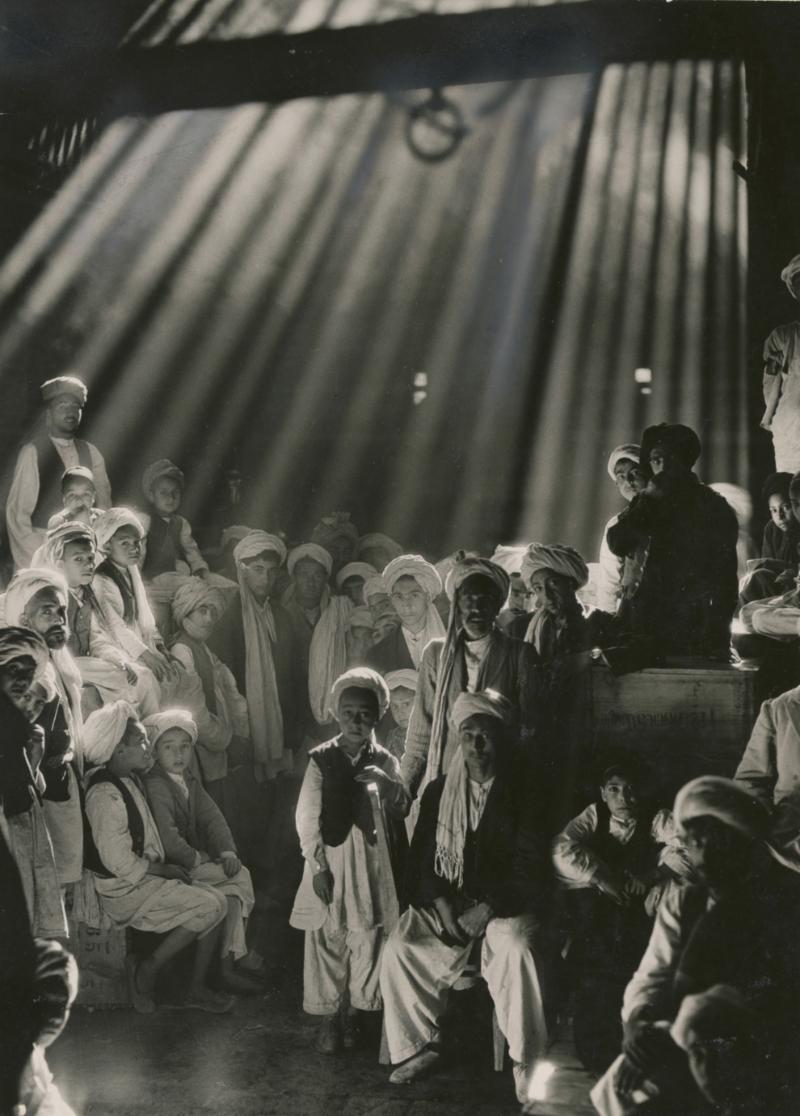
 Maeve Nolan is a second year PhD Art History and Archeology student at the School of Oriental and African Studies, University of London. She is currently a visiting scholar with George Washington University’s Sigur Center whilst she conducts her research at the National Geographic Society. The title of her PhD is:
Maeve Nolan is a second year PhD Art History and Archeology student at the School of Oriental and African Studies, University of London. She is currently a visiting scholar with George Washington University’s Sigur Center whilst she conducts her research at the National Geographic Society. The title of her PhD is: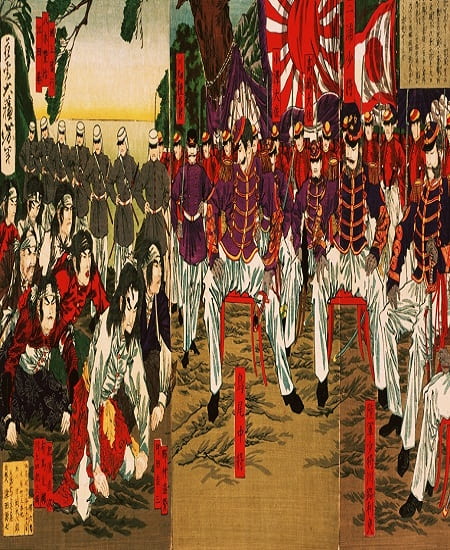
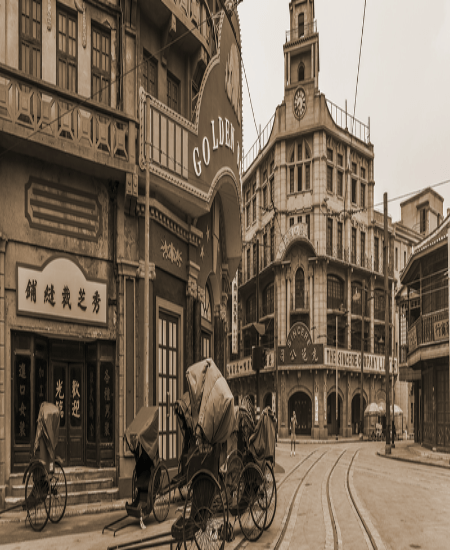
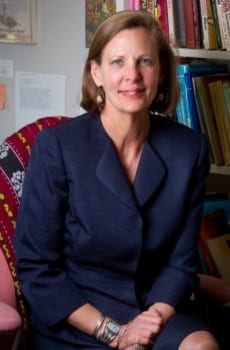
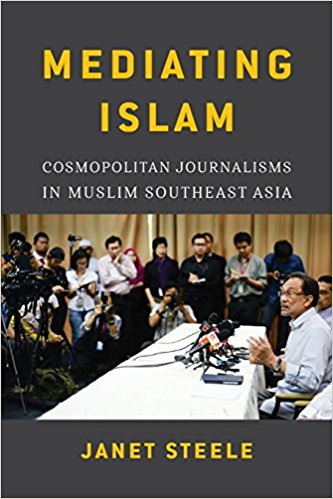
 Dr. Janet Steele is an associate professor of journalism at the George Washington University and the director of the Institute for Public Diplomacy and Global Communication. She received her Ph.D. in History from the Johns Hopkins University and focus on how culture is communicated through the mass media.
Dr. Janet Steele is an associate professor of journalism at the George Washington University and the director of the Institute for Public Diplomacy and Global Communication. She received her Ph.D. in History from the Johns Hopkins University and focus on how culture is communicated through the mass media.